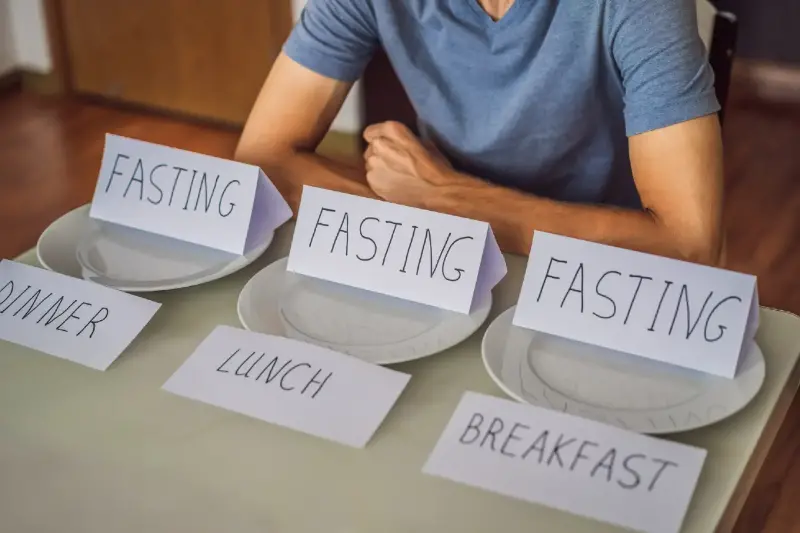
In the whirlwind of modern life, sleep often gets sidelined, plagued by restless nights and groggy mornings. But what if a centuries-old practice could quietly unlock deeper, more restorative sleep? For many, fasting is more than a diet trend or cultural ritual—it is a hidden key to better sleep quality, ready to surprise even the most sceptical among us.
The Surprising Link Between Fasting and Your Sleep Cycle
Recent studies are revealing that fasting is much more than "skipping meals"—it is an intricate dance between your body’s internal clock and essential hormones. Every evening, as the world slows, your body awaits cues to orchestrate sleep. One silent conductor is the hormone melatonin, and, fascinatingly, fasting has the power to tune this hormone’s release.
When you fast, especially during Ramadan or in intermittent fasting schedules, your eating pattern naturally shifts. Researchers have observed that when people abstain from food at night, melatonin levels realign, helping nudge the body gently into restful slumber. Aligning mealtimes with natural daylight supports the body's circadian rhythm—its internal clock—setting the stage for deeper, more consistent sleep.
Fasting: Not Just For the Stomach, But the Mind
Ever noticed how a heavy meal late at night leaves you tossing and turning? Fasting provides a reprieve. By restricting late-night eating, the digestive system gets a break, meaning the body can focus its nighttime energy on repair, rather than relentless digestion.
Key discoveries show:
- Those who finish dinner earlier experience less sleep interruption.
- Fasting periods of 12 to 16 hours lead to a notable decrease in nighttime wakefulness.
Users frequently describe a newfound clarity and peacefulness after a period of fasting, highlighting not just physical, but emotional improvements to sleep.
The Science: How Fasting May Tame Stress and Boost Recovery
Holiday meals, midnight snacks, and irregular sleep lead to chaos in the body's stress hormone, cortisol. Fasting helps recalibrate this balance. Scientific inquiry indicates that by adopting regular fasting intervals, cortisol levels drop, making it easier to fall and stay asleep.
Let’s break this down:
- Insulin Sensitivity Increases: Eating less frequently boosts insulin effectiveness, reducing blood sugar crashes during the night.
- Reduction in Inflammation: Fasting stimulates autophagy—a kind of cellular ‘spring clean’—which is associated with better regenerative sleep.
- Emotional balance: Fasting supports the body’s production of neurotransmitters like serotonin, fostering feelings of calm before bedtime.
The result? Many fasters experience fewer restless dreams, less anxiety at night, and more energetic mornings.

Is Fasting for Everyone? What to Know Before You Try
While the benefits seem promising, fasting is not a magic solution for all. Some individuals—such as those with certain medical conditions, pregnant women, or anyone on specific medications—should consult with their doctor before trying fasting. There’s also a learning curve as the body adjusts.
Practical tips include:
- Begin with a 12-hour fasting window, such as 7pm to 7am.
- Hydrate well—water aids the sleep-boosting effects of fasting.
- Listen to your body and track mood and sleep changes in a journal.
With mindful practice, fasting can become a gentle, non-invasive ally in the pursuit of better sleep.
So, is fasting truly the missing puzzle piece in our sleep routines—or just another health fad? The facts point to a profound connection, one you might only truly appreciate by experiencing it for yourself. Will you dare to close the kitchen early tonight and see if the silence of fasting unlocks sweeter dreams? The answer awaits, just beyond your next meal.
